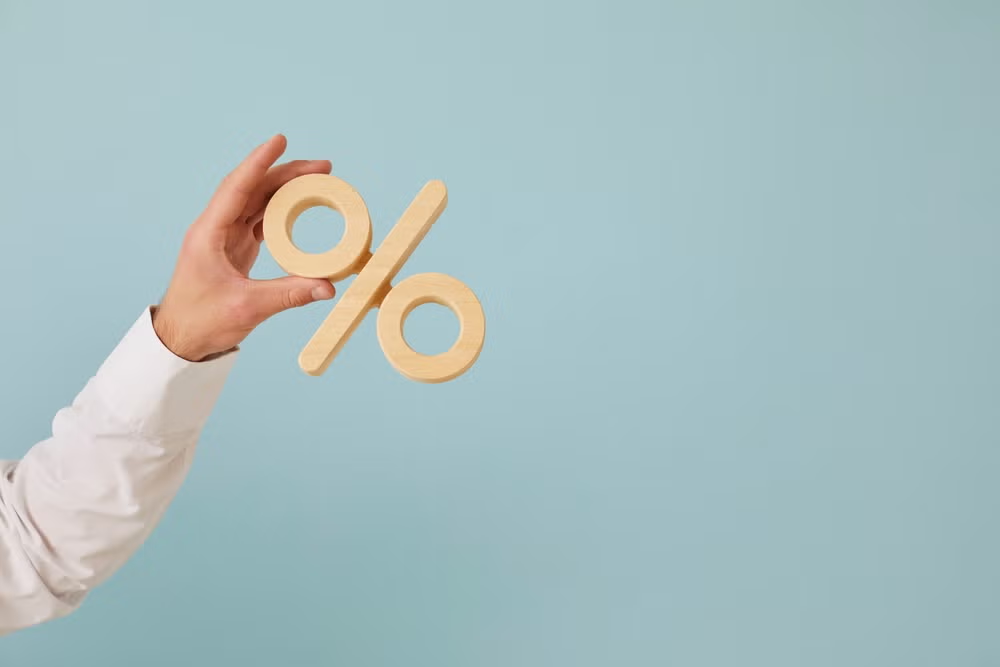Indonesia will not raise tax rates until its economy grows by at least 6 percent, Finance Minister Purbaya Yudhi Sadewa said, assuring that fiscal tightening will only come after stronger national growth.
“I will raise taxes when the economy grows above 6 percent.” Purbaya said during the “Sarasehan 100 Ekonom Indonesia” forum in Jakarta on Tuesday (10/29/2025), as reported by AntaraNews.
His statement comes amid concerns that higher tax rates could reduce disposable income and weaken consumer spending, especially as Indonesia continues to navigate post-pandemic recovery challenges.
Focus on Stimulating Growth First
Instead of adjusting tax rates, Purbaya said the government is prioritizing economic stimulation through improved liquidity and stronger fiscal support. One key measure involves transferring the Saldo Anggaran Lebih (SAL) — or excess budget balance — from the Bank Indonesia account to state-owned banks (Himbara) to boost credit growth and real-sector activities.
“This will stimulate development from the fiscal side and keep money circulating within the private sector,” he explained, adding that the move would help sustain growth momentum.
The minister emphasized that Indonesia’s economic health must improve before any additional tax burden is introduced.
“I will monitor this carefully. Don’t worry — if I raise taxes too early, it will only make things harder for you (the public),” Purbaya said.
Earlier this year, the government also postponed a policy requiring e-commerce platforms to collect Income Tax (PPh 22) from merchants, citing the same 6 percent growth target as a prerequisite. A similar approach applies to potential adjustments in BPJS Kesehatan health insurance contributions, which remain on hold until economic conditions fully recover.
Rather than raising rates, Purbaya aims to increase tax revenue efficiency through technological upgrades such as the Coretax system, which integrates data across tax, customs, and excise departments. He also pledged tighter supervision to prevent underinvoicing and other forms of tax evasion.
Sustainable Fiscal Strategy
Indonesia’s tax-to-GDP ratio, currently around 10–11%, is still lower than several neighboring economies. By encouraging credit distribution through Himbara and promoting real-sector productivity, the Finance Ministry hopes to improve this ratio organically, without imposing new burdens on businesses or individuals.
“Once growth exceeds 6%, the economy will be strong enough to handle gradual tax adjustments,” said Purbaya.
As Southeast Asia’s largest economy, Indonesia has maintained steady growth between 5 and 5.2% over the past few years, according to the World Bank. The government is now targeting stronger investment, domestic demand, and fiscal sustainability to reach the 6% threshold before any tax rate revision.
Source: AntaraNews, MetroTV News
Photo Credit: Shutterstock


